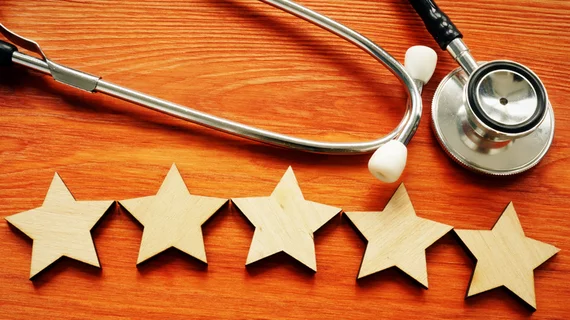ACR launching new performance-improvement network with $3M Gordon & Betty Moore grant
The American College of Radiology is launching a new performance-improvement network with the help of a $3.1 million grant from the Gordon and Betty Moore Foundation.
ACR’s Learning Network hopes to create performance metrics and strategies to improve patient outcomes across several sites. The initiative aims to improve diagnostic success during the 36-month funding period, with a focus on lung cancer screening, mammography positioning, prostate MR image quality, and recommendations for follow up.
“Each collaborative in the ACR Learning Network will include a diverse set of stakeholders, such as referring physicians, radiologists representing different types of practices (urban/rural, academic/community, mix of gender and race/ethnicity), medical physicists, technologists and practice managers,” the college said in a Sept. 9 announcement. “Patient representatives and patient advocates will be included as part of each collaborative’s advisory committee. Incorporating the patient experience is a top priority throughout each collaborative’s journey.”
David Larson, MD, MBA, chair of ACR’s Commission on Quality and Safety among other titles, will captain the effort. Four physicians in academia will lead the collaboratives. They include the University of Kansas’ Neville Irani (lung); Stanford’s Sarah Pittman (mammo); Andrei Purysko at the Cleveland Clinic (prostate); and Ben Wandtke with the University of Rochester (incidental findings).
ACR said it plans to broadly disseminate the findings to the field. Participants in each collaborative will communicate around measures, common issues they face and solutions to drive improvement.
“As a cohesive learning network, this ‘collaborative of collaboratives’ will set the stage for facilitating diagnostic excellence at local sites at a scale that has been previously unachievable in radiology,” the college said in the announcement.
The Gordon and Betty Moore Foundation granted the award in May as part of more than $41 million doled out to date to help improve diagnostic performance and reduce patient harm.

